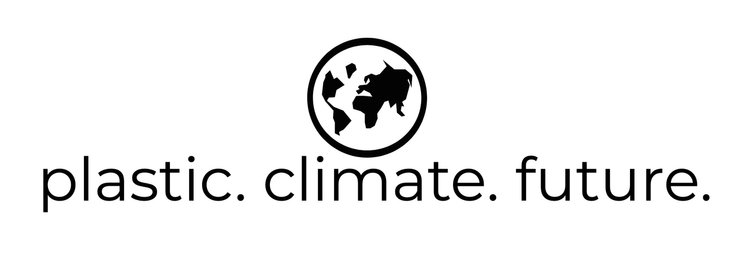Jessica's fascination for algae-based materials was born when she went to Mexico for vacation. There, she came up with the idea to create an algae-based packaging material after seeing algae on the beach and learning about their potential as a sustainable and circular material resource.
Without any scientific background in chemistry or polymers, she did her own research and performed experiments at home in her own kitchen. Actually, by accident, she discovered a process for making plastics. That’s when she decided to move out of the kitchen and start collaborating with the ETH in Zurich to bring in more specific expertise in polymer chemistry. Et voila, there she is now with Noriware.
Aside from talking about her journey of co-founding Noriware, in this podcast we also discussed the feasibility and sustainability aspects of their products, and the challenges to gather funding for a tech start-up if you are not a scientist. Jessica also told us about the current state of algae-based material research, innovation and production in Europe.
You can find out more about Noriware at www.noriware.com or reach out to Jessica via LinkedIn.










